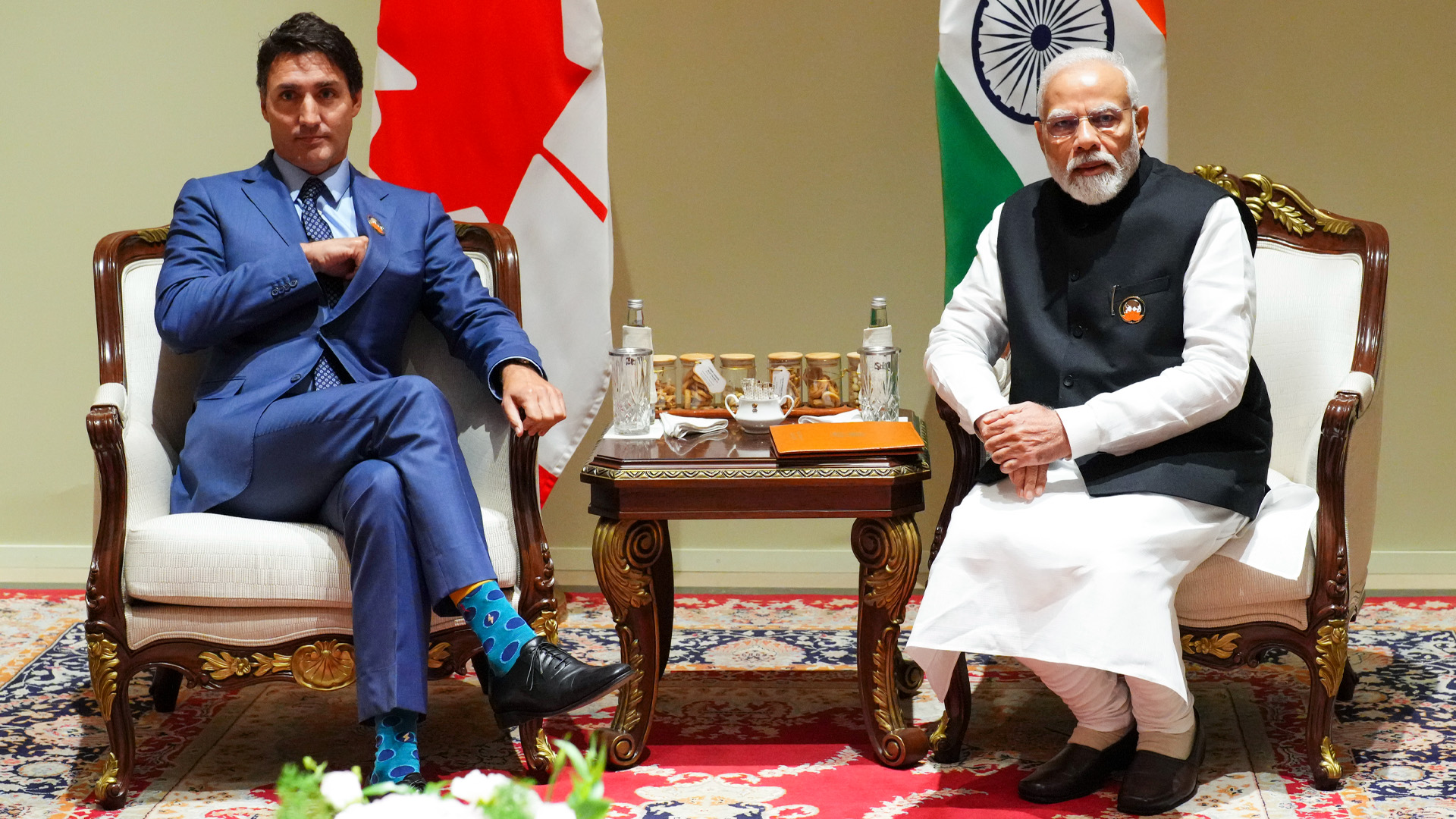
Turkey’s President Recep Tayyip Erdogan won re-election in a heavily contested runoff on May 28. He received 52.18 per cent of the vote, whereas his challenger and architect of the six-party Nation Alliance, Kemal Kilicdaroglu, received 47.82 per cent.
These elections were the greatest challenge to Erdogan’s leadership in the more than two decades that he has dominated Turkish politics. He will now serve another five-year term.
Erdogan was successful despite the fact that many opposition parties united for change, the country was still reeling from the aftermath of two catastrophic earthquakes that killed more than 50,000 people, and despite grave economic mismanagement.
Under Erdogan, Turkish politics have become increasingly combative and have taken an authoritarian turn. Despite stark polarization in Turkish politics, Erdogan has repeatedly managed to hold on to power. Expatriate voters, including more than 40,000 residing in Canada, are turning out at increasing rates. Turkish Canadian voters overwhelmingly sided with the defeated candidate, in sharp contrast to their diaspora comrades in Western Europe who voted heavily for Erdogan.
Kilicdaroglu, a member of the Alevi religious minority as well as the leader of the Nation Alliance – which includes social democrats, nationalists, Islamists and others – had promised to reverse Erdogan’s heavy-handed control of public institutions and national media outlets.
One voting bloc that received a lot of attention for possibly being pivotal in Turkey’s political direction is the diaspora population, which constitutes five per cent of the total electorate. Although all parties court this diaspora vote, Erdogan is the first leader to take expatriates seriously. He has a history of close engagement with the diaspora in Western Europe, the area which has the largest concentration of Turkish expats in the world. Indeed, Erdogan has delivered rousing speeches in Germany on several occasions to tens of thousands of supporters.
We have studied how Turkish expatriates voted in the period from 2014 to 2018, which includes presidential elections, parliamentary elections and one referendum. Our findings indicate that expatriate voter turnout has steadily increased over that period, starting at about 19 per cent in 2014 and ending at just about 50 per cent in 2018. The upward trend continued in this year’s election cycle, which saw expatriate turnout rates increase to nearly 54 per cent in the first round and slightly more than 56 per cent in the second round.
More than 1.8 million voters cast their ballots abroad in the first round and 1.9 million did so in the second round. That is respectively 39 per cent and 46 per cent higher than in the 2018 election, when roughly 1.3 million people voted overseas. Although the expatriate vote choice in the aggregate tends to be similar to the homeland vote, it leans toward Erdogan’s governing Justice and Development Party (AKP). Preferences vary between countries but seem to be quite stable over time within countries, perhaps reflecting socioeconomic trends in Turkish emigration.
In the recent presidential election, which consisted of two rounds, Erdogan obtained a crushing lead among voters living in Western European countries such as Germany, France and the Netherlands, which are home to the majority of Turkish expats. In Germany, where 760,830 Turkish citizens voted in the second round, Erdogan received 67.22 per cent of the vote. On the other hand, Kilicdaroglu dominated in North America where he secured more than 80 per cent of the second-round vote in the United States and Canada. He also secured more than 80 per cent of the second-round vote in the United Kingdom.
This pattern is consistent with the results of the 2018 presidential election (see Figure 1) and possibly reflective of the origins of the Turkish diaspora in each country. For instance, Turkish emigrants to Canada consist of skilled professionals and asylum seekers, who tend to favor left-leaning parties such as the Republican People’s Party (CHP) and the People’s Democratic Party (HDP), which entered the 2023 elections under the Party of Greens and the Left Future (YSP). This preference may well explain why Turkish expats in Canada leaned heavily in favour of Kilicdaroglu, who leads the CHP and was endorsed by the HDP.
Figure 2, which plots the expatriate parliamentary vote in the 2018 and 2023 elections, tells a similar story. Erdogan’s AKP and its partners, such as the Nationalist Movement Party (MHP) have remained strong in Western European countries. However, the opposition seems to have increased somewhat in strength and diversity, just as it has at home.
Compared to the 55 million voters in Turkey, the diaspora vote might appear minuscule, but it is nevertheless a substantial voting bloc. Indeed, if the entire expatriate vote were one province, it would be the fourth-biggest entity in the number of voters after the three biggest cities – Istanbul, Ankara and Izmir. Historically, the expatriate vote has in the aggregate closely matched the homeland vote and therefore has not been decisive. This trend continued in the current election, as the diaspora vote swing would not shift the election results in the runoff, where Erdogan maintained a lead of more than two million votes over his opponent.
That said, it is worth noting that the diaspora vote could potentially tip the scale and influence the outcome in closely contested elections, such as seats in parliament, which are allocated on a provincial basis. With the growing political participation of Turkish expats, perhaps it is time for Turkey to consider creating its own overseas constituencies, similar to the French system, which allocates 11 parliamentary seats to its overseas constituencies. Adopting a similar system in Turkey would provide for more consistent representation of the expatriate vote in parliament.












